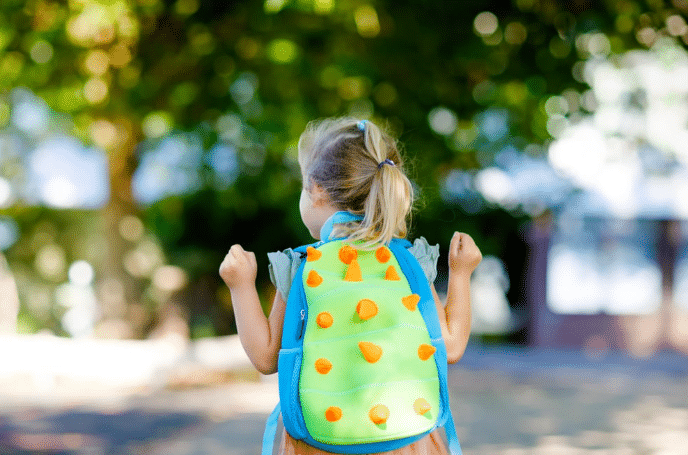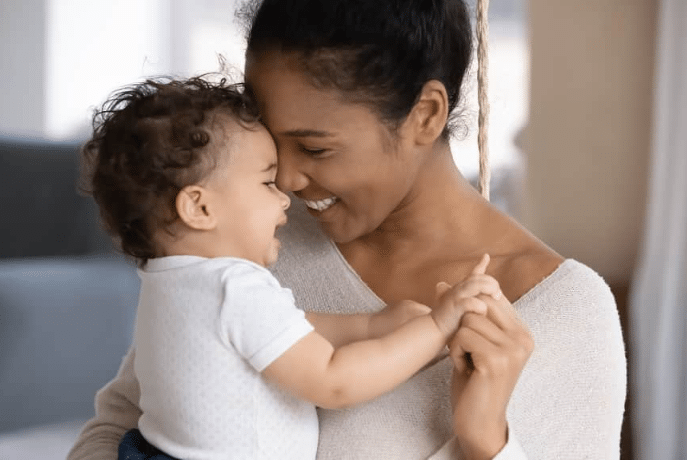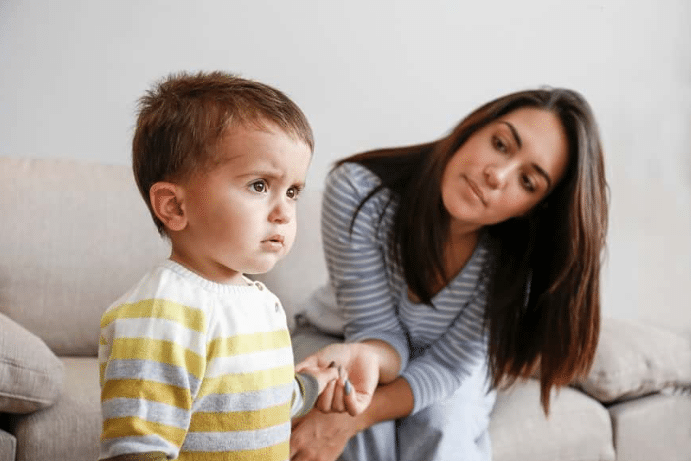If you’re a parent deciding between babysitting or childcare, we’ve got just the thing for you. In this blog post, we take a look at babysitting and childcare; what makes them different, and what you should consider when exploring care options for your little one.
As a parent, it’s natural to desire a high-quality early education for your child. To decide which type of early learning facility you should send your child to, you should assess what kind of education you want them to receive. There are a variety of daycares, preschools, and kindergartens, so it can get confusing trying to decide which is best for your child.
When parents are considering the many ideal early learning skills before primary school, they often believe that this should include the letters of the alphabet and counting 1 to 10, or other activities related to what they imagine will be on a school’s curriculum.
Discussing body safety with children and making them aware of the gravity of the topic can be pretty challenging. Parents and caregivers have to follow a specific methodology to make children understand and abide by rules for their safety. Read on for an overview of the issue.
Tantrums in children can be defined as emotional outbursts like frustration or anger. They may involve crying, screaming, falling deliberately to the ground, kicking, holding their breath, running around or away, throwing and breaking things, and vomiting.
All parents want to ensure that their children receive the very best early education and care when they’re not around, which is where day-care comes in. The Australian Government supports many working families with a Child Care Subsidy (CCS). Read on to find out how to apply for Child Care Subsidy.
During their early years, children undergo a crucial period of development where they build the foundations of their immune system.
It is common for students (and parents) to experience feelings of anxiety, which is perfectly normal. These feelings are often caused by a fear of the unknown, as the child has no point of reference to draw upon when they are faced with a new environment or experience.
The Montessori approach to early childhood education offers a broad vision of education as an “aid and a preparation for life.” It is designed to help children grow from birth to maturity, and succeeds because it is flexible, interest-based, and aligned to children’s key developmental stages. The Montessori Curriculum and classroom structure incorporates flexible learning in a number of ways. Ultimately, this leads to the development of an optimal learning environment that caters to the needs of a diverse range of students and abilities. So how is the Montessori Curriculum flexible?










